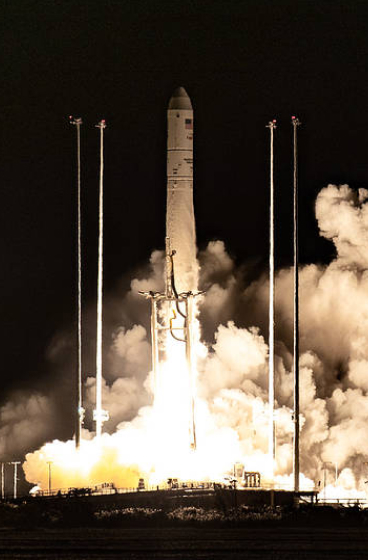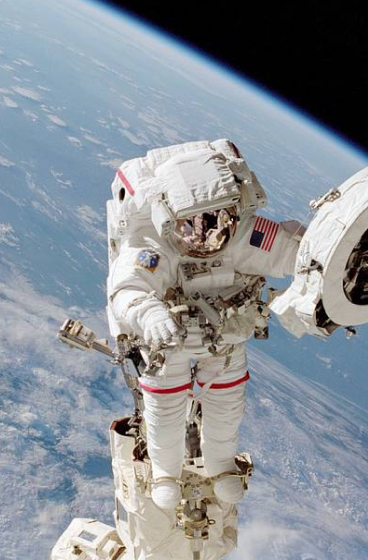4 min read
Preparations for Next Moonwalk Simulations Underway (and Underwater) 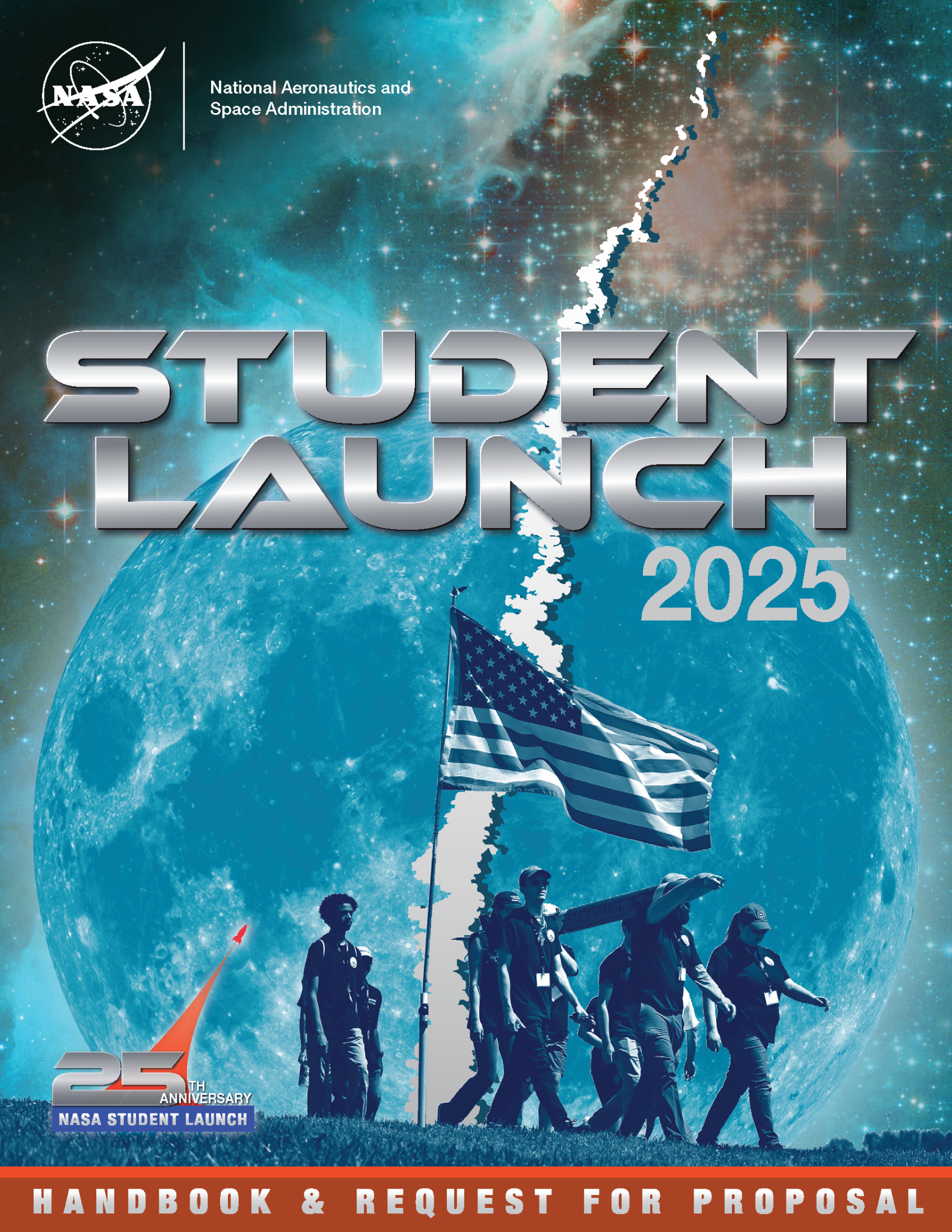 NASA’s Student Launch, a STEM competition, officially kicks off its 25th anniversary with the 2025 handbook. By Wayne Smith
NASA’s Student Launch, a STEM competition, officially kicks off its 25th anniversary with the 2025 handbook. By Wayne Smith
NASA’s Student Launch competition kicks off its 25th year with the release of the 2025 handbook, detailing how teams can submit proposals by Wednesday, Sept. 11, for the event scheduled next spring near NASA’s Marshall Space Flight Center in Huntsville, Alabama.
Student Launch is an annual competition challenging middle school, high school, and college students to design, build, test, and launch a high-powered amateur rocket with a scientific or engineering payload. After a team is selected, they must meet documentation milestones and undergo detailed reviews throughout the school year.
Each year, NASA updates the university payload challenge to reflect current scientific and exploration missions. For the 2025 season, the payload challenge will again take inspiration from the Artemis missions, which seek to land the first woman and first person of color on the Moon.
As Student Launch celebrates its 25th anniversary, the payload challenge will include “reports” from STEMnauts, non-living objects representing astronauts. The 2024 challenge tasked teams with safely deploying a lander mid-air for a group of four STEMnauts using metrics to support a survivable landing. The lander had to be deployed without a parachute and had a minimum weight limit of five pounds.
“This year, we’re shifting the focus to communications for the payload challenge,” said John Eckhart, technical coordinator for Student Launch at Marshall. “The STEMnaut ‘crew’ must relay real-time data to the student team’s mission control. This helps connect Student Launch with the Artemis missions when NASA lands astronauts on the Moon.”
Thousands of students participated in the 2024 Student Launch competition – making up 70 teams representing 24 states and Puerto Rico. Teams launched their rockets to an altitude between 4,000 and 6,000 feet, while attempting to make a successful landing and executing the payload mission. The University of Notre Dame was the overall winner of the 2024 event, which culminated with a launch day open to the public.
Student Launch began in 2000 when former Marshall Director Art Stephenson started a student rocket competition at the center. It started with just two universities in Huntsville competing – Alabama A&M University and the University of Alabama in Huntsville – but has continued to soar. Since its inception, thousands of students have participated in the agency’s STEM competition, with many going on to a career with NASA.
“This remarkable journey, spanning a quarter of a century, has been a testament to the dedication, ingenuity, and passion of countless students, educators, and mentors who have contributed to the program’s success,” Eckhart said. “NASA Student Launch has been at the forefront of experiential education, providing students from middle school through university with unparalleled opportunities to engage in real-world engineering and scientific research. The program’s core mission – to inspire and cultivate the next generation of aerospace professionals and space explorers – has not only been met but exceeded in ways we could have only dreamed of.”
To encourage students to pursue degrees and careers in STEM (science, technology, engineering, and math), Marshall’s Office of STEM Engagement hosts Student Launch, providing them with real-world experiences. Student Launch is one of NASA’s nine Artemis Student Challenges – a variety of activities that expose students to the knowledge and technology required to achieve the goals of Artemis.
In addition to the NASA Office of STEM Engagement’s Next Generation STEM project, NASA Space Operations Mission Directorate, Northrup Grumman, National Space Club Huntsville, American Institute of Aeronautics and Astronautics, National Association of Rocketry, Relativity Space and Bastion Technologies provide funding and leadership for the competition.
“These bright students rise to a nine-month challenge for Student Launch that tests their skills in engineering, design, and teamwork,” said Kevin McGhaw, director of NASA’s Office of STEM Engagement Southeast Region. “They are the Artemis Generation, the future scientists, engineers, and innovators who will lead us into the future of space exploration.”
For more information about Student Launch, please visit:
https://www.nasa.gov/studentlaunch
Taylor Goodwin
Marshall Space Flight Center, Huntsville, Ala.
256.544.0034
taylor.goodwin@nasa.gov
Keep Exploring Discover More Topics From NASA Missions
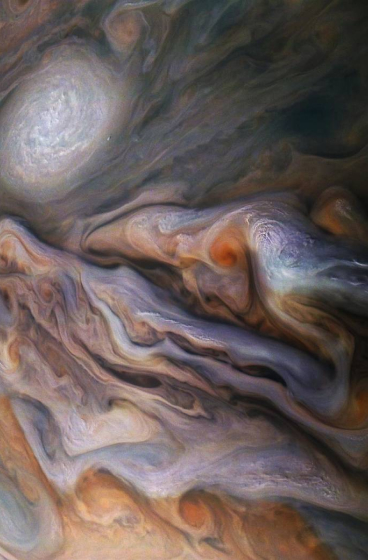
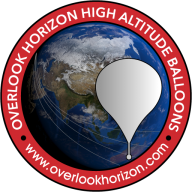
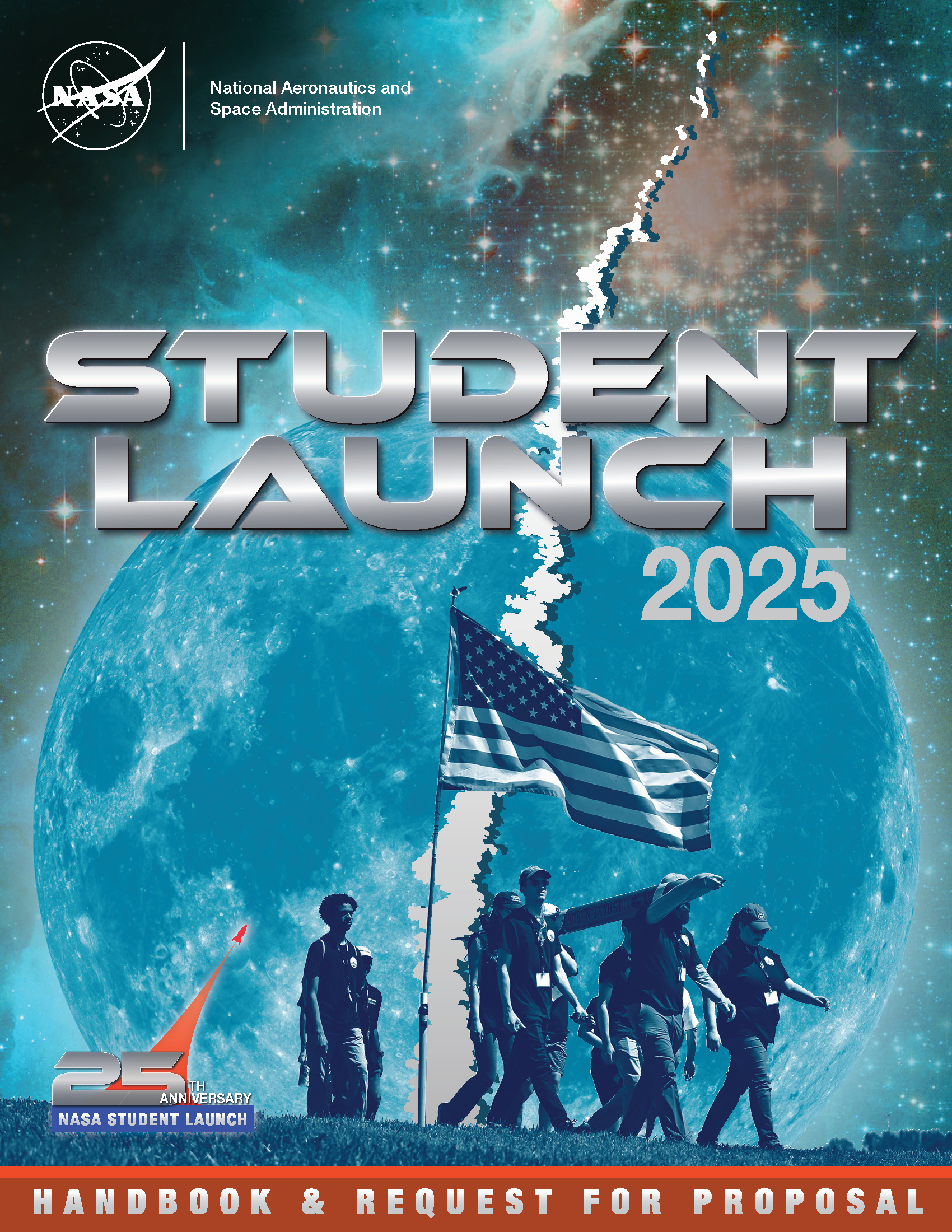
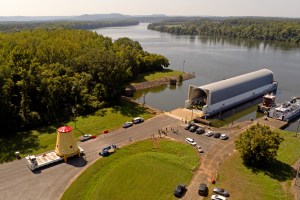 27 min read The Marshall Star for August 28, 2024 Article 2 days ago
27 min read The Marshall Star for August 28, 2024 Article 2 days ago 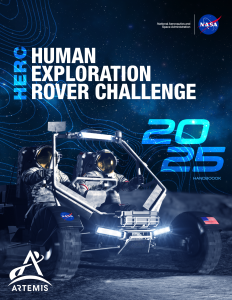 4 min read NASA Expands Human Exploration Rover Challenge to Middle Schools Article 2 days ago
4 min read NASA Expands Human Exploration Rover Challenge to Middle Schools Article 2 days ago 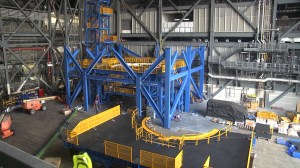 3 min read NASA, Boeing Optimizing Vehicle Assembly Building High Bay for Future SLS Stage Production Article 3 days ago
3 min read NASA, Boeing Optimizing Vehicle Assembly Building High Bay for Future SLS Stage Production Article 3 days ago 